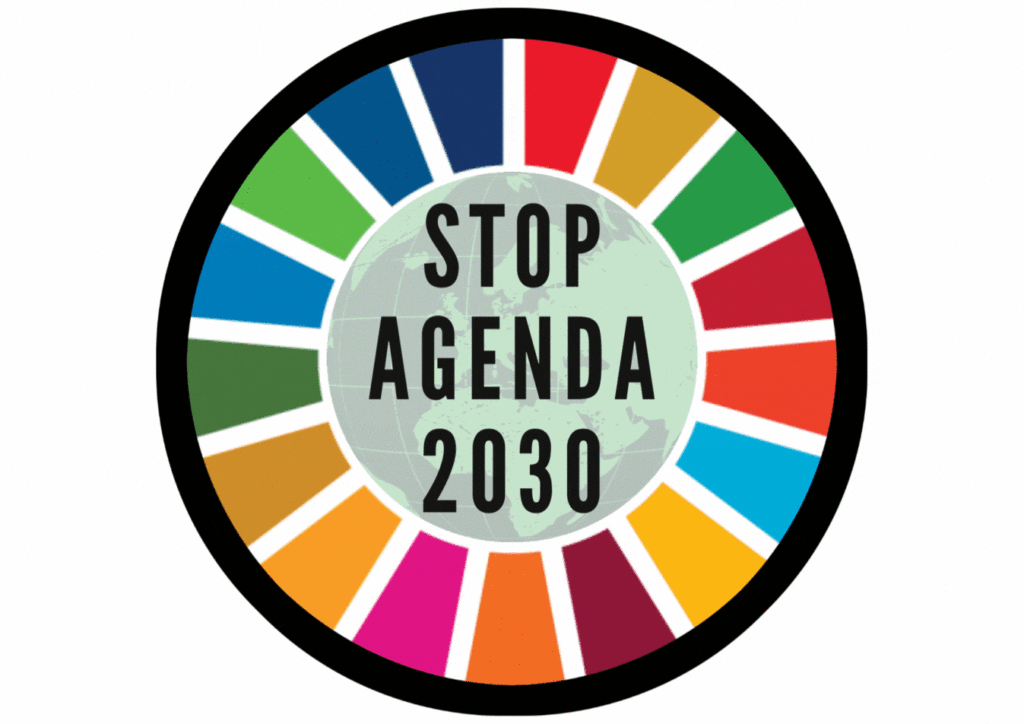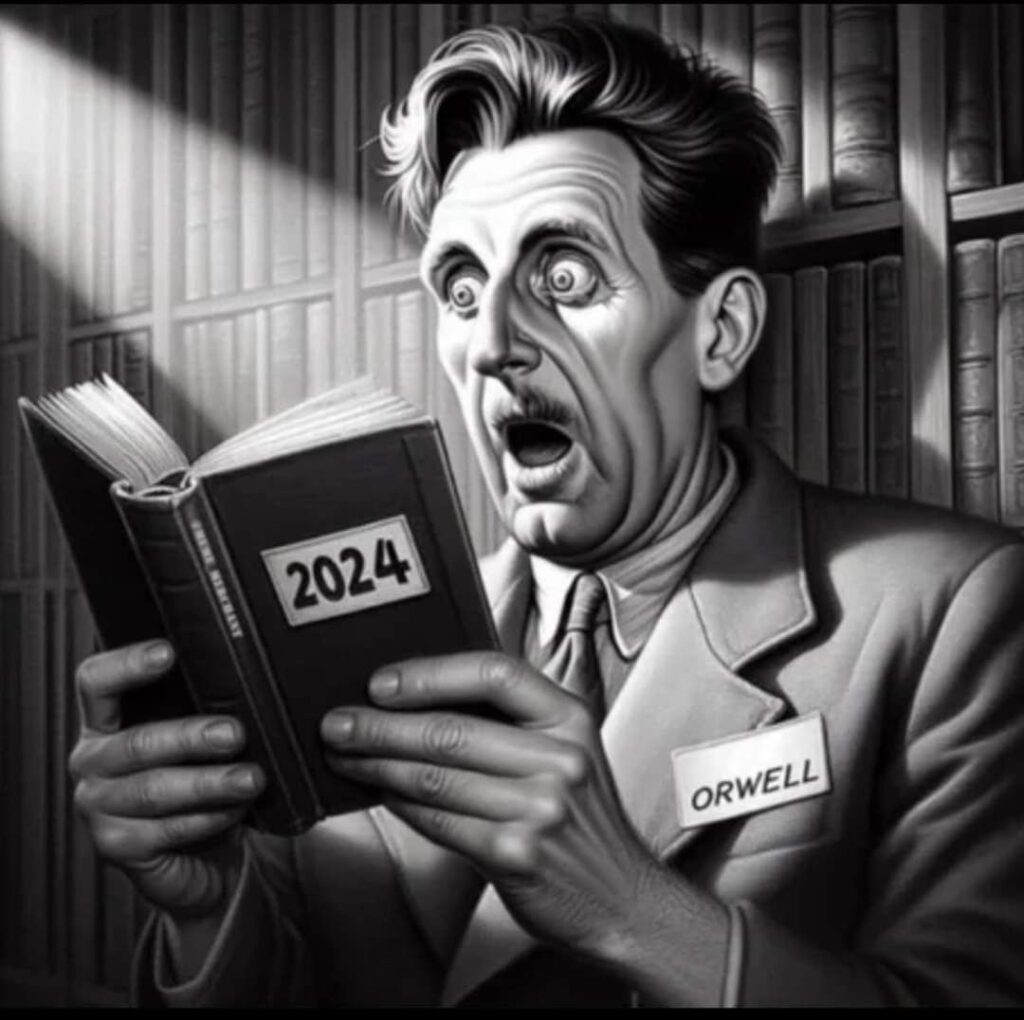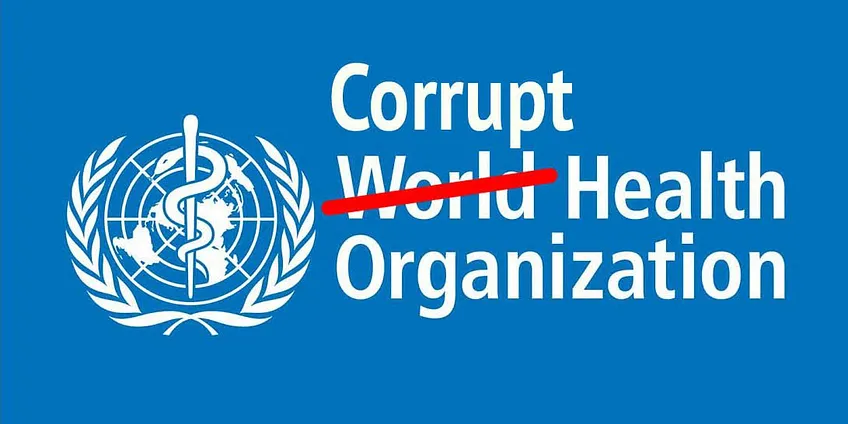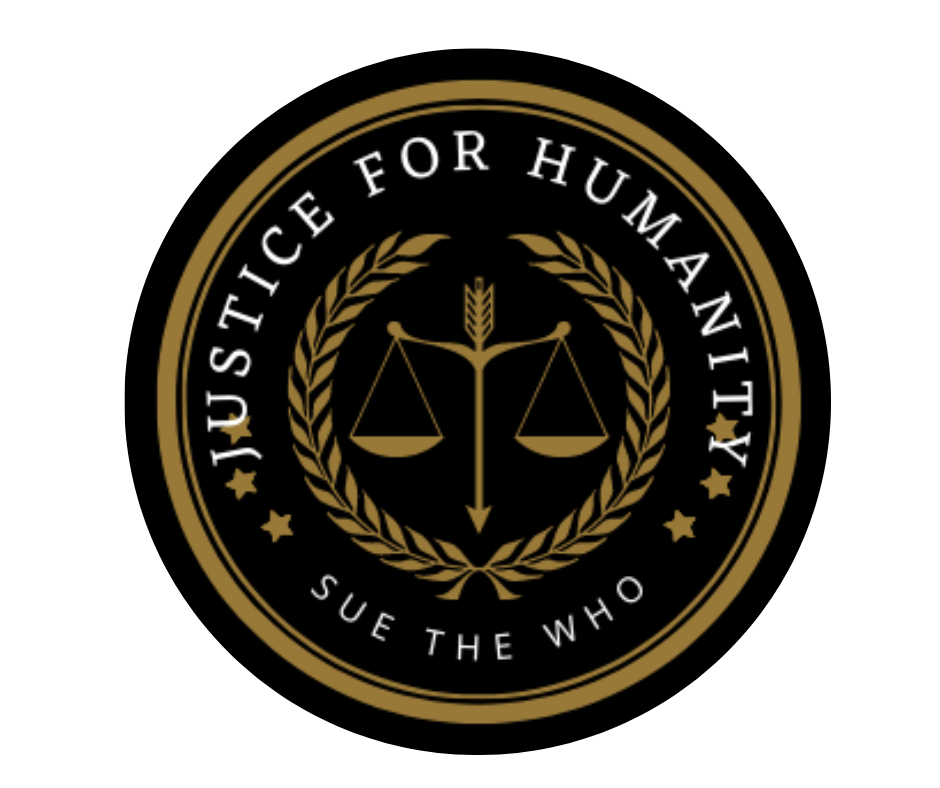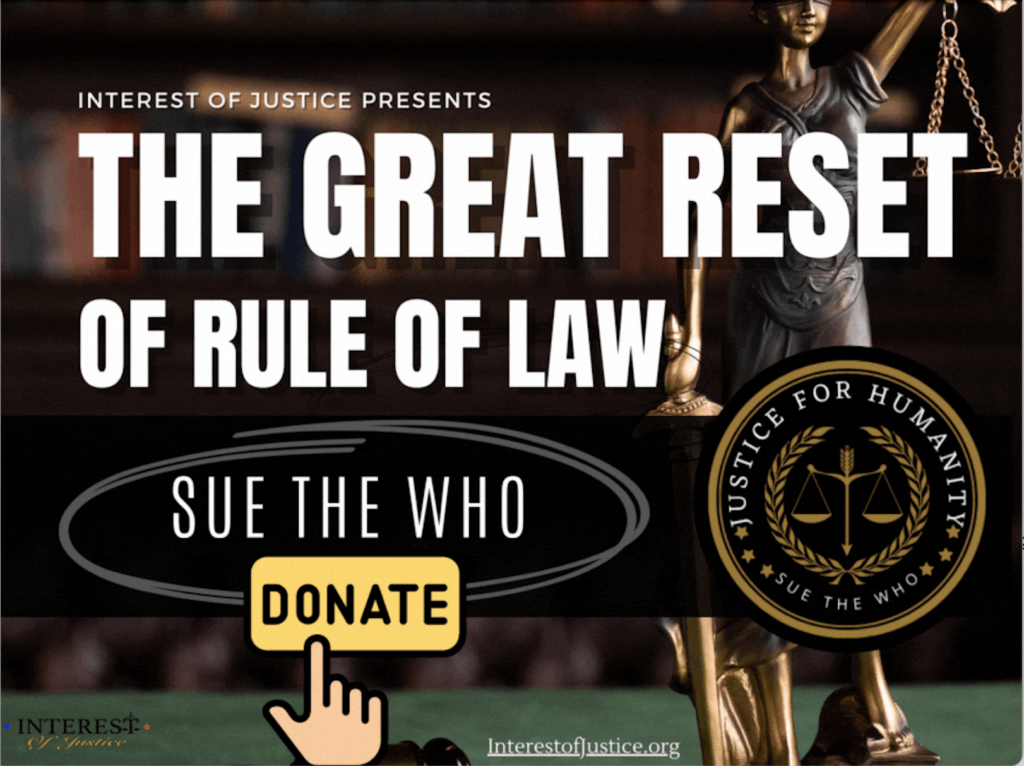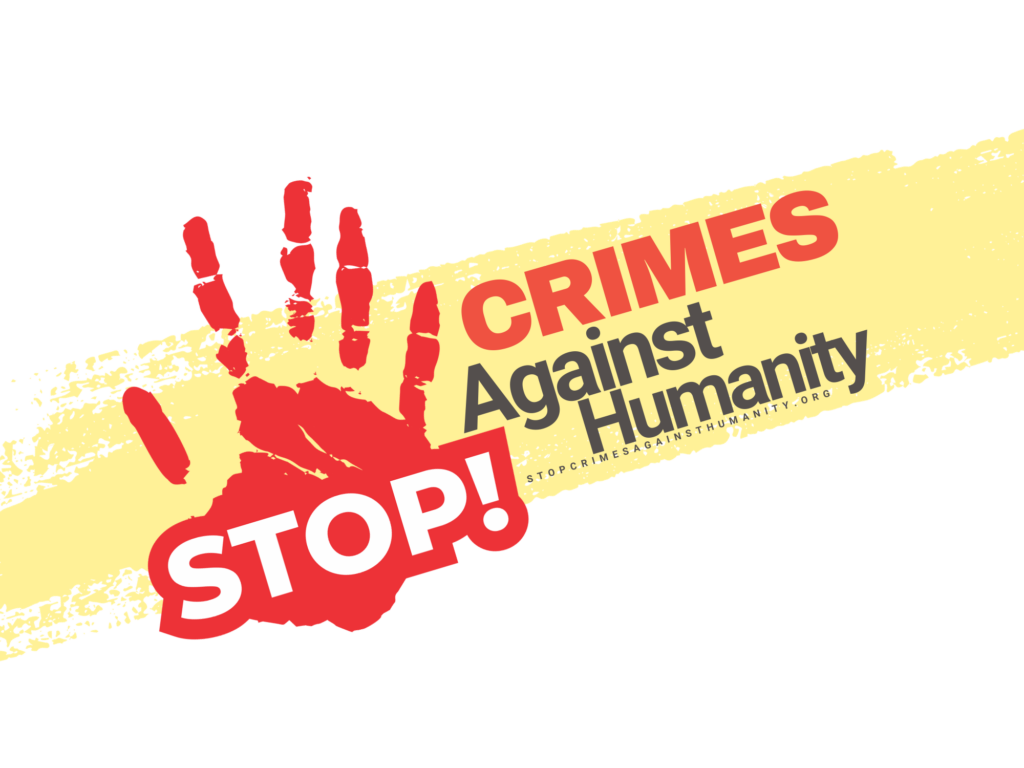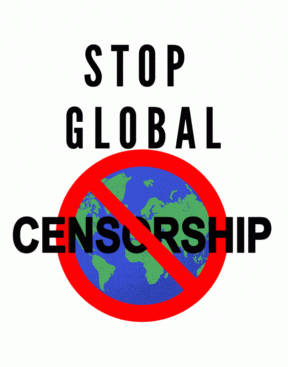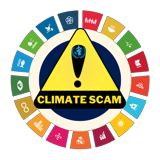United Nations Summit Of The Future September 22-23, 2024
Sign The Global Demand Below!

Help us demand UN delegates reject the UN Global takeover at Summit of the Future!

There are three UN instruments/treaties being negotiated in the lead up to Summit of the Future September 20-24 which we are trying to prevent from being adopted.
Please join us in urgently impeding these instruments, which could lead to widespread human rights violations, by signing and sharing this page.
Sharing is caring!



Download the Guide and Action Plan to Unravel the UN's Blueprint for Global Governance !

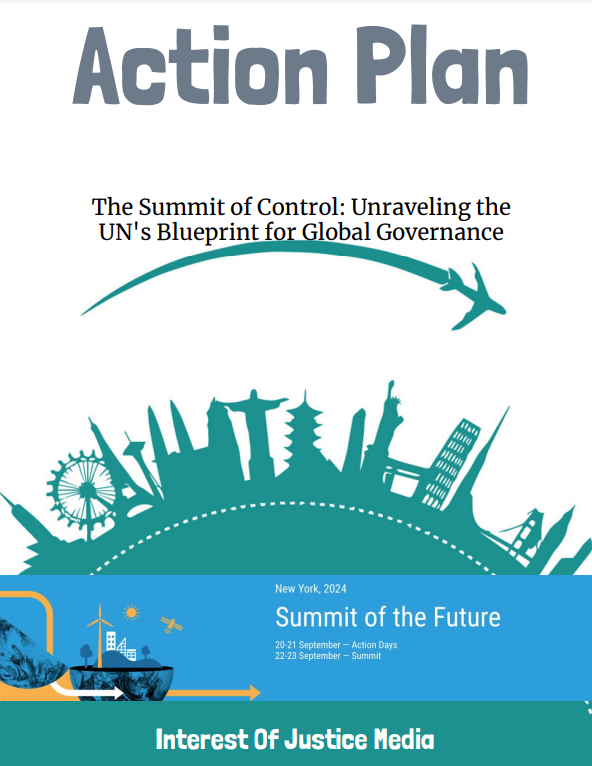
Introduction to the UN’s Blueprint for Global Governance
Chapter 1: The Summit of the Future: A Prelude to Global Control
The Summit of the Future, scheduled for September 20-24, signifies not merely a gathering of world leaders but a pivotal moment in the ongoing evolution of global governance. Under the guise of addressing pressing issues like climate change, public health, and digital rights, the UN’s agenda appears to be steering towards a framework that could undermine national sovereignty and local governance. As countries are encouraged to adopt new treaty obligations, concerns grow over the erosion of individual freedoms and the potential for a centralized authority to dictate terms of compliance, thereby paving the way for what some fear could become a New World Order.
Central to the agenda is the Pact for the Future, which obligates nations to fund climate initiatives that critics label as fraudulent schemes. These initiatives are often driven by a climate industrial complex that relies on selectively interpreted science to justify massive financial commitments from governments. Taxpayer money is at stake as these funds are funneled into projects that may not yield tangible benefits. The implications are profound; rather than empowering local communities to manage their environmental resources, the UN framework could enforce a top-down model that prioritizes compliance over genuine sustainable practices.
The intersection of biotechnology and public health also raises alarming questions. The proposed international treaties may open the door to mandatory vaccination directives and experimental biotechnological interventions sanctioned by the World Health Organization (WHO). Once authorized under emergency use provisions, dissenting opinions could be silenced through censorship, effectively mandating compliance with UN policies. This shift towards a global health governance model could dilute the role of national legislatures and grant unprecedented powers to international bodies, raising ethical and practical concerns about public health autonomy.
Moreover, the UN Global Digital Compact introduces a concerning landscape for personal freedoms and privacy. With mandates for information management under the pretense of safety, there exists a real threat of total internet control and manipulation of information. These measures would not only suppress dissent but could also redene the landscape of free speech, potentially reshaping societal discourse and limiting the public’s access to diverse viewpoints. In this context, the implications of digital surveillance extend beyond security; they pose a direct challenge to the principles of democracy and individual rights.
Finally, the looming redefinition of human rights underscores a critical aspect of the UN’s agenda. By harmonizing international law norms to align with UN standards, the potential exists for a significant reduction in the protections afforded in various jurisdictions. This could lead to a standardized approach that prioritizes compliance over genuine rights advocacy, thereby facilitating increased UN intervention in matters of state governance. As these changes unfold, it becomes imperative for citizens, organizations, and governments to actively engage in dialogues surrounding these treaties, advocating for the preservation of sovereignty and the fundamental rights that dene democratic societies. The Summit of the Future thus represents not only an opportunity for global cooperation but also a crucial moment to safeguard freedoms against an encroaching tide of centralized control.
The New World Order: An Overview
The concept of a New World Order, particularly in the context of the United Nations’ initiatives, has sparked considerable debate and concern among citizens worldwide. The upcoming UN Summit of the Future, scheduled for September 20-24, serves as a pivotal event where various agreements and policies are expected to be negotiated. Many see these developments as a direct threat to national sovereignty and personal freedoms, proposing a framework that could lead to unprecedented levels of regulation and control over individual rights. This subchapter provides an overview of how the UN’s agenda is perceived as a blueprint for a global governance structure that many believe could enslave humanity under the guise of noble objectives.
A significant aspect of this agenda is the Pact for the Future, which aims to secure funding for climate initiatives that critics label as fraudulent. The push for countries to allocate resources toward climate emergencies is viewed as a strategy to strengthen the climate industrial complex, which relies heavily on what some describe as “pseudo science.” This initiative raises alarms about the direction of public funding, potentially diverting taxpayer money away from essential services and into projects that lack transparency and accountability. Furthermore, the nancial commitments tied to climate initiatives may impose burdens on national economies, disrupting local governance and creating dependencies on international bodies.
The implications of the UN’s policies extend to public health as well, particularly concerning experimental biotechnology and vaccine mandates. The emergency use listings authorized by the World Health Organization (WHO) could lead to mandatory compliance with health measures that some citizens may nd objectionable. This intersection of public health and international treaties raises ethical questions about individual autonomy and the extent to which governments can restrict freedoms in the name of public safety. As nations negotiate these treaties, there is growing apprehension that dissenting opinions may be censored under the guise of adhering to UN standards.
Digital surveillance and control also figure prominently in discussions surrounding the UN Global Digital Compact. This initiative proposes a framework for managing information that many fear will result in extensive censorship and manipulation of public discourse. The obligation to conform to UN directives on information management could infringe on personal liberties, leading to an environment where free speech is compromised. As governments adopt these measures, the potential for increased state surveillance and loss of privacy becomes a pressing concern for civil society.
Finally, the redefinition of human rights in alignment with UN standards poses significant challenges. The proposed harmonization of laws may dilute protections that are currently stronger in certain jurisdictions, effectively undermining local governance and legal accountability. This shift could facilitate the redistribution of economic resources under the pretext of addressing global inequalities, further entrenching the UN’s influence in domestic affairs.
As citizens become aware of these dynamics, it is crucial to foster dialogue and mobilize efforts aimed at protecting national sovereign decision making and individual rights. Organizations like Interest of Justice play a vital role in educating the public and advocating for accountability, reminding us that vigilance is essential in the face of such sweeping changes.
Summit of the Future
The doorway to tyranny is here. This is the biggest UN power grab in history & we need to prevent the agreements from going through!
Join our Substacks to learn more & follow our work:

Pledge Support & Donate Today!
You can support our long term work against the UN & WHO global takeover by donating as generously as you are able. All donations go to support our long term non profit mission of preventing the UN and WHO takeover through changing international norms and towards the ultimate accountability of the WHO for what we allege are crimes against humanity and serious breaches of misconduct, as well as systematic human rights violations in procurement.
Together it is still possible to prevent these instruments. Interest of Justice advocates for the right of all people to participation and are partners with Costa Rica’s judiciary in open justice. We successfully convinced Costa Rica to reject the WHO pandemic treaty by using relentless diplomacy and we are just as dedicated to help prevent these instruments for all countries and for the protection of humanity.
By donating today you ensure a qualified team certified in diplomacy is put to the task of constant phone calls, letters and able to use the tool of diplomacy that has a real shot of working with the UN delegates making the final decisions in the upcoming UN Summit of the Future!
